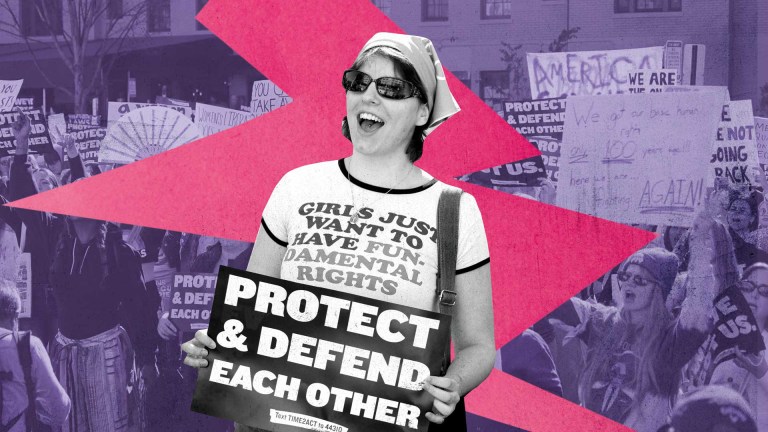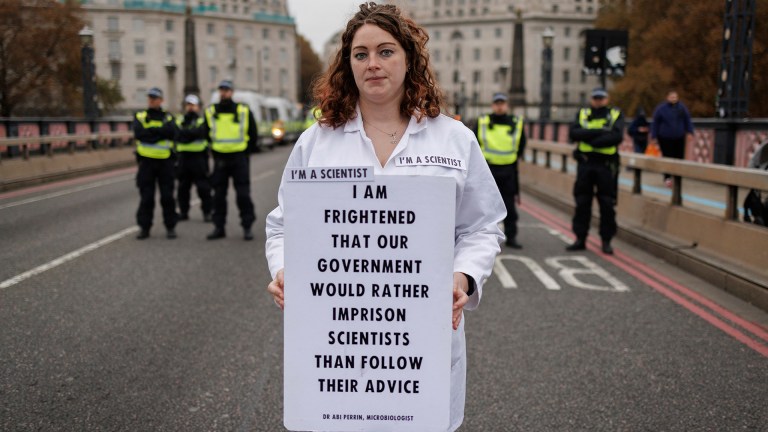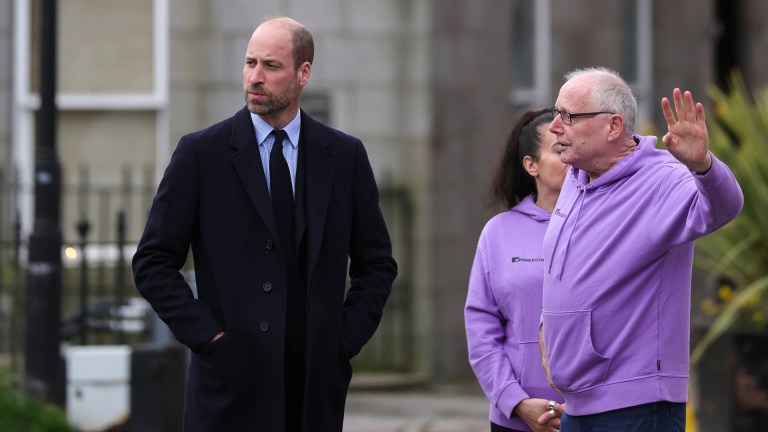Finland’s experiment is the furthest along, having concluded in December 2018 after studying a basic income provided to 2,000 jobseekers irrespective of whether they got a job in that time.
The results of that trial are expected in spring this year and The Big Issue headed to Helsinki to find more about it at the end of last year.
According to Pasi Moiso of the Finnish National Institute for Health and Welfare’s Social Research Unit, the experiment is intended to figure out how people will react without the threat of sanctions – but has split opinion with experts.
“There has been some criticism about the experiment but I’m very looking forward to seeing the results because they have universal value,” he said.
“At the moment, there are two schools of thought and both think that they are right. One thinks that giving out a basic income will just see a reduction in people working and reduce the lowest wages. And those supporting think that once you remove sanctioning and free people to take risks it will increase their employment and boost entrepreneurship and start small businesses.”
The four local authorities – Fife Council, City of Edinburgh Council, Glasgow City Council and North Ayrshire Council – as well as NHS Health Scotland and the Improvement Service, who form the steering group, will be awaiting the results of that trial. The group’s own report on whether a basic income is feasible in Scotland will be delivered to the Scottish government in September this year before a full business report in the following year.
This report is a crucial building block in informing the feasibility of a CBI pilot in Scotland
But what is already clear is that the final form of the scheme will take will have to be tailored to Scotland’s social and political landscape.
“We are aware that the policy is untested and whilst we are taking into account evidence from previous pilots of basic income type schemes, we are keen to learn from contemporary trials worldwide,” said Wendy Hearty, project manager for the Scottish Citizens Basic Income Feasibility Study Steering Group.
“The lessons learned in regards to framing, design, implementation, evaluation and communication of a pilot will help ensure that our project is informed by key insights from trials in Finland, the Netherlands, Ontario, and beyond. This report is a crucial building block in informing the feasibility of a CBI pilot in Scotland.”
The poverty-busting plans come as Scottish local authorities revealed that there were 18,486 applications for homelessness assistance during the six months between April 1 and September 30 last year, up two per cent on the same period during 2017.










